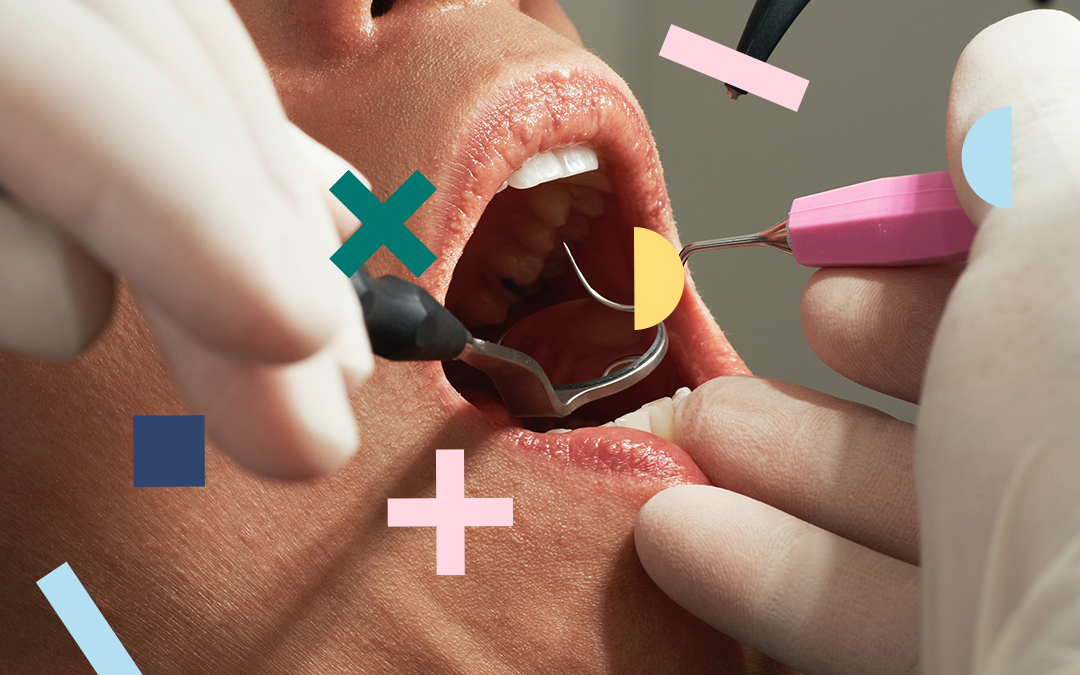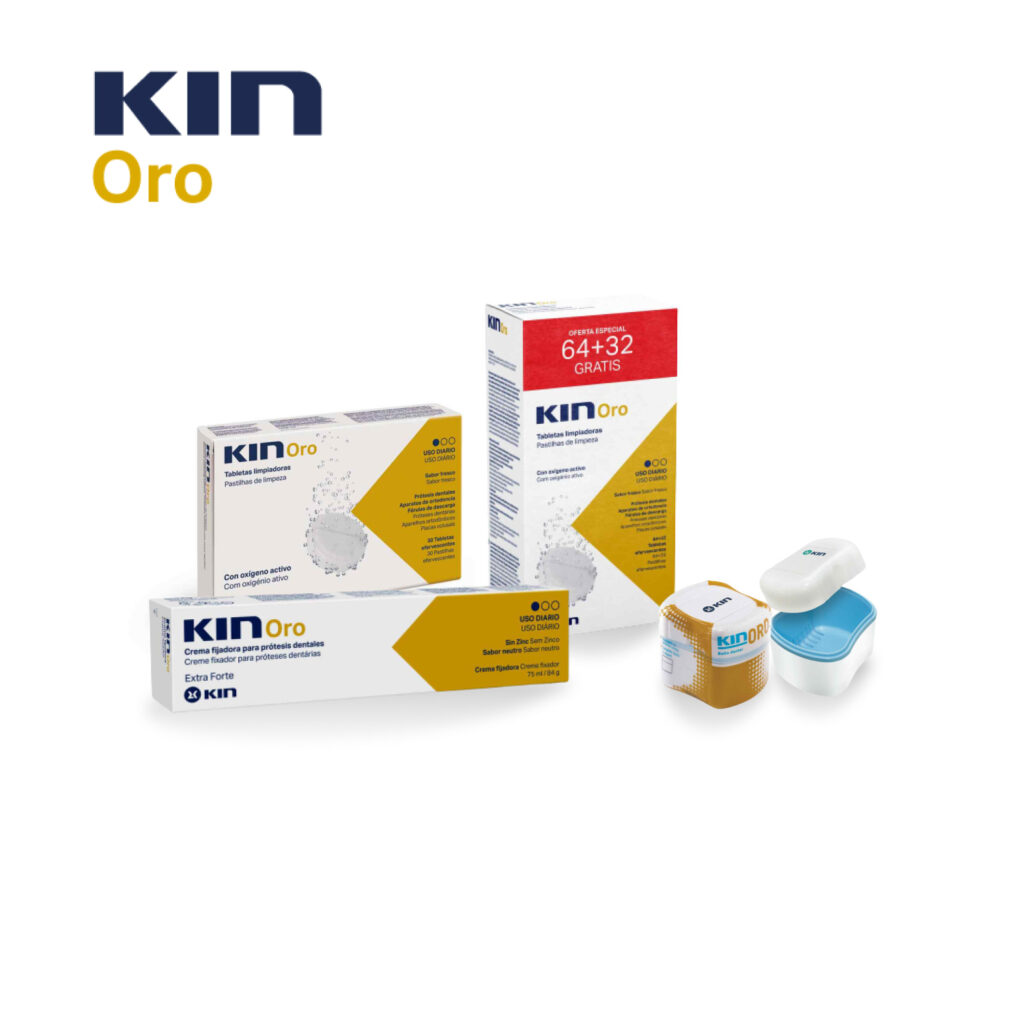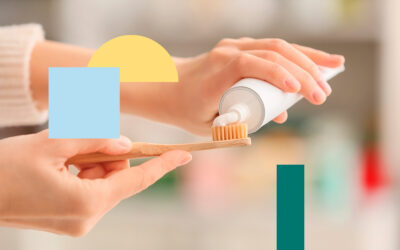With the increase in life expectancy and the ever-improving psychophysical conditions of people, we can say that the concept of old age has changed considerably compared to previous generations. Among the favourable changes that have led to an improvement in the living conditions of people over 65 years of age are increased attention to proper nutrition, a better lifestyle and better hygiene, which have led to an improvement in the quality of life of people over 65 years of age.,together with improvements in the field of medicine,have allowed people to maintain a good state of health, even in patients with chronic multi-diseases.
On the other hand, the current pandemicof the COVID-19 pandemic is showing us that people over 60 years of age and suffering from comorbidity are the group that is particularly vulnerable to most diseases, with a worse prognosis (1).particularly vulnerable to most diseases, with a worse prognosis (1).
To protect ourselves and others, we have learned to take simple precautions such as wearing masks, keeping a physical distance, washing hands frequently and keeping rooms well ventilated. In fact, thegreat lesson that the COVID-19 has taught everyone is the importance of prevention and that without hygiene there is no health.
As dental professionals, we oral hygienists and dentists have always placed great value on the concept of primary prevention, especially in times of pandemics.
In terms of oral health, what is the current picture of the older population today?
In parallel to the improvement of the wellbeing of older people, the health of the oral cavity has also had a positive effect compared to that of the elderly.the health of the oral cavity has also had positive effects compared to that of decades ago.to that of previous decadesprevious decades. The elderly population keeps more teeth and always has a good motivation to maintain and improve oral hygiene. Therefore, dentists and hygienists will have a very important role to play in the increasing demand for patient services.
Caries and periodontal disease remain the main causes of tooth loss in older people and these diseases are often associated with conditions such as economic barriers (limited resources for prosthetic rehabilitation), reduced masticatory ability and diminished social relationships (2).
Regular check-ups at the clinic are very important to control the state of health of patients, renew motivation for proper oral hygiene and act with prevention protocols with the aim of intercepting possible problems before they manifest themselves, and we must communicate this to our patients at the dental clinic.
Also in cases of partial or total edentulism it is essential to visit the dentist regularly to assess the state of the soft tissue and the condition of the prosthesis. A check-up lasting only a few minutes is sufficient to detect precancerous lesions and alterations of the masticatory functions that can lead to a loss of function.,detected in time,usually have a good prognosis.
As professionals,we must take into account that, in many cases, removable prosthesis wearers complain about problems of discomfort, pain, lack of retention and stability of the prosthesis. An unstable prosthesis reduces the abilitychewing ability, leads to speech impairment, causes the patient to feel insecure, and has a negative influence on social relations. Bone resorption is the main cause of the difficulty of keeping the prosthesis in place, which leads to dissatisfaction and frustration.,This causes dissatisfaction and frustration, especially when eating.
The use of a fixation cream significantly increases the adhesion strength of the prosthesis in the oral cavity, the masticatory ability and the overall quality of life of the person (3).
It is timely, therefore, recommend to patients the use of a fixative cream such as KIN Oro, for dental prostheses.It is the duty of dentists and hygienists to know the characteristics of the fixators in order to provide information on the characteristics of the fixators.The use of the product is based on the correct use by the patients in order to achieve the maximum efficacy of the product. Exclusive products for the needs of oral health professionals.
Discover our products for professionals

In our case, we have testedKin Oro Extraforte cream, a fixative that interposes itself between the base of the prosthesis and the mucosa acting as an adhesive without creating a thickness or producing changes in the position of the prosthesis in the mouth. In the composition of the material we found synthetic polymers (Calcium/Sodium PVM/MA Copolymer, Cellulose Gum) which, in a humid environment and in the presence of saliva, expand in the areas where there is no contact between the two surfaces and prevent the entry of air and food. Another component that has a lubricating function is liquid kerosene and forms the base of the cream together with Petrolatum, which has plasticizing properties.Finally, chamomile extract imparts mucosal benefits and a pleasant taste. pleasant to the product.
The adhesion is effective onacrylic resin (PMMA) and flexible materials (polyamide) and the duration of fixation can last up to 12 hours.12 hours.
It is very important toIt is very important to follow the instructions for use and to explain to the patient that an excessive amount of fixative product does not produce a better adhesion and that it is sufficient to put 2-3 dots or lines according to the design of the base of the prosthesis. Another small detail is to inform the patient that it is necessary to press the prosthesis with the fingers in the area where there are acrylic teeth, so that the cream is evenly distributed between the two surfaces and fulfilling the "sealing" effect.
When removing the denture, before going to sleep, it is very important to completely remove every residue of fixator from the denture base. This is not only a matter of hygiene, but also functional, as each layer of residual cream increases the Vertical Dimension of Occlusion (DV), the sites where biofilm can adhere and create a reservoir of pathogenic microorganisms that can affect the tissues of the oral cavity (4).
What advice can we give our patients to maintain a perfect hygiene of the prosthesis?
For complete and safe denture hygiene, a combination of mechanical and chemicalFor complete and safe denture hygiene, a combination of mechanical and chemical methods should be adopted to remove food residues, stains and prevent the formation of biofilm and tartar. Daily cleaning of dentures is essential and, with regard to the mechanical technique, a specific brush should be used for removable partial or complete dentures, designed with two different brush heads to polish the external and internal surfaces of the denture. Among the chemical cleaning methods, alkaline peroxides are the most widely used cleaners for removable dentures and even orthodontic appliances and splints.and splints.
The productKin Oro Cleansing Tablets is available in effervescent and effervescent tablet form.,once dissolved in water,are transformed into alkaline solutions of hydrogen peroxide. This type of cleaner combines alkaline detergents to reduce surface tension and dissolve grease residues.surface tension and dissolve grease and food residues (Sodium Lauryl Sulfate), and agents that release oxygen from the solution (Potassium Peroxymonosulfate). The presence of sodium carbonate (Sodium Carbonate) is considered to release oxygen bubbles that are released in a tumultuous way, fulfilling awhich are released in a tumultuous manner, thus fulfilling an additional cleaning action.,mechanically, reaching points of the prosthesis where it is more difficult to reach with a brush (e.g., the prosthesis, the prosthesis and the toothbrush).,(e.g. in the areas of the clasps or between the interproximal spaces of the PMMA teeth).
In the composition of the product Kin Oro Cleaning Tablets we find another ingredient, Citric Acid, which contrasts and prevents the formation of tartar. This aspect is relevant for a good maintenance of the prosthesis.,because,as professionals,we observe daily tartar residues on dentures that are very difficult to remove once they have formed.
Therefore, when it is time to go to bedthe prosthesis is removed, sanitised as described above, dried and stored in the prosthesis storage box. The next day, before placing it in the mouth, it is moistened with water.
Maintenance of the prosthesis will always be the same whether the person is independent, cognitively impaired or bedridden (5).
In short, we come back to the key concept of prevention and we have to be aware that in a very simple, fast and effective way we can inform, help and avoid many problems for our patients.




 How to relieve pain with newly placed braces?
How to relieve pain with newly placed braces? How to keep your breath fresh?
How to keep your breath fresh? 10 Tips to take care of the oral health of the little ones
10 Tips to take care of the oral health of the little ones


